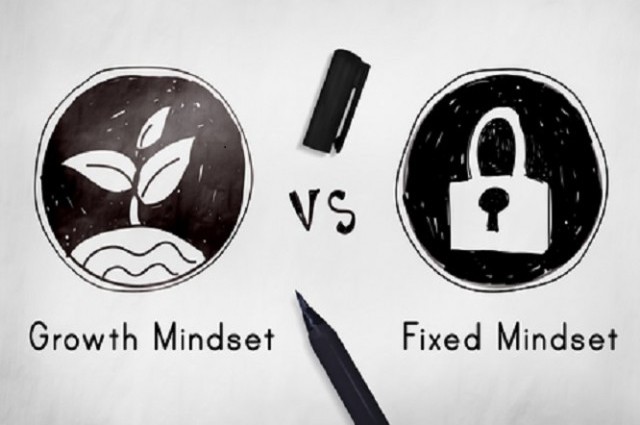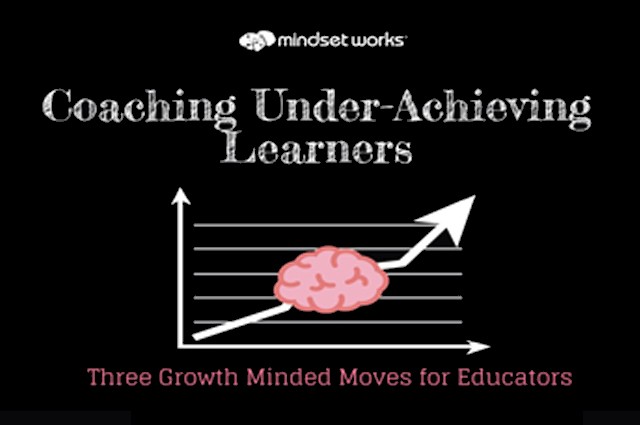"Mindset opened my eyes to the possibilities in education to be systematic in creating real change for human beings." -Emily Diehl

My school psychologist suggested reading Mindset and I quickly dove in. I had read some of Dweck’s articles and was already smitten. As I read Mindset, I saw that the Fixed Mindset appeared to be the explanation for why schools do not improve, why we have so much trouble reaching non-learning adolescents, and why teachers often refuse to collaborate with other teachers. What a sad situation when we feel threatened by other people’s success, we think that our failures define us, we think other’s failures define them, and we lose our interest in taking on a challenge. So Mindset changed my life because I learned that I can be mindful and systematic in the way I think, respond, and coach. Further, I could teach others to do the same so that our organization could grow.
Reading the book, I wanted answers for educators.
There were some, but my interest was totally peaked when I read about Brainology. I was lucky enough to get over 100 of my students to participate in the pilot that year (2008-09). We were committed to deep implementation of Growth Mindset and expandable intelligence. The school psychologist and I planned and executed over 20 lessons using Brainology, the ancillary materials, and some of our own inspiration to the ninth grade students and about 12 lessons to the 10th graders.. We could be seen walking across campus carrying 5 foot tall neurons the psychologist had built out of Pool Noodles, Styrofoam, and tinker toys. We turned heads – which is what we wanted! I knew it was working when kids started calling me the “brain lady.”
Has the approach/mindset had any other ripple effects?
When people saw our results, they wanted to learn more. We ended up running several groups of teachers through a book study of Mindset, at first on site, and eventually including our feeder Middle School. Our administrators got involved, asking what Growth-Minded discipline sounded like. Our homeroom teachers agreed to teach Growth Mindset test prep strategies before the CSTs. Our elementary schools began to ask for more information. We formed a Ning to generate more interest and connect like-minded educators who wanted to take Dweck’s work to a level that was systematic for schools. Finally, our district listened, and brought Mindset to their Trainer of Trainers series, presenting to leadership teams at about 35 of our district’s 62 schools.
We applied the Growth Mindset to everything the school took on. If we were to learn to collaborate as teams of teachers, we had to embrace Growth Mindset concepts. If we were to make better instructional design choices, we would have to understand that intelligence is malleable; and, if our administration was to believe in our school improvement efforts, they had to buy-in to the fact that THESE teachers could do the work. And it continues. I joke that it’s a train I can’t stop. And, I don’t want to.







